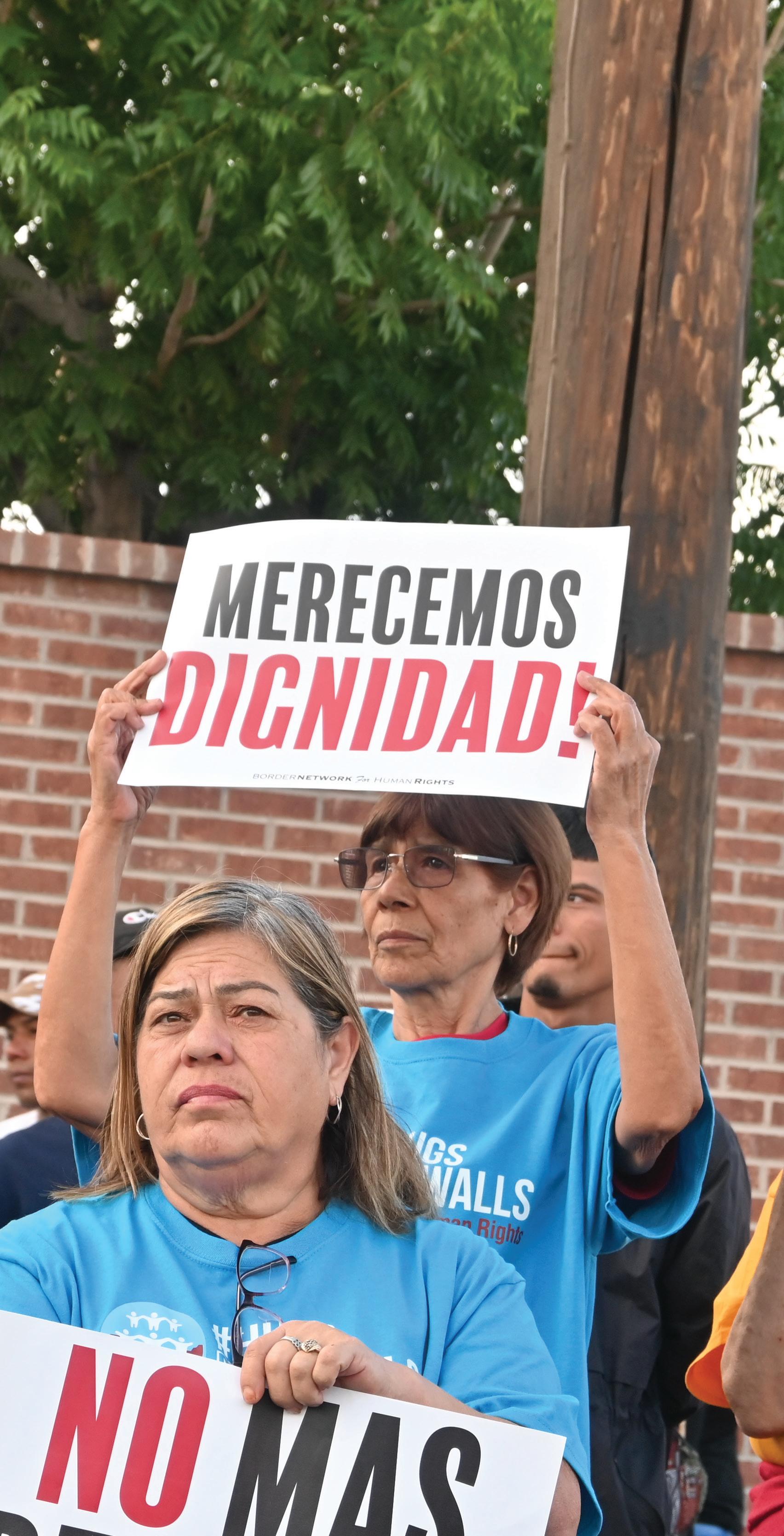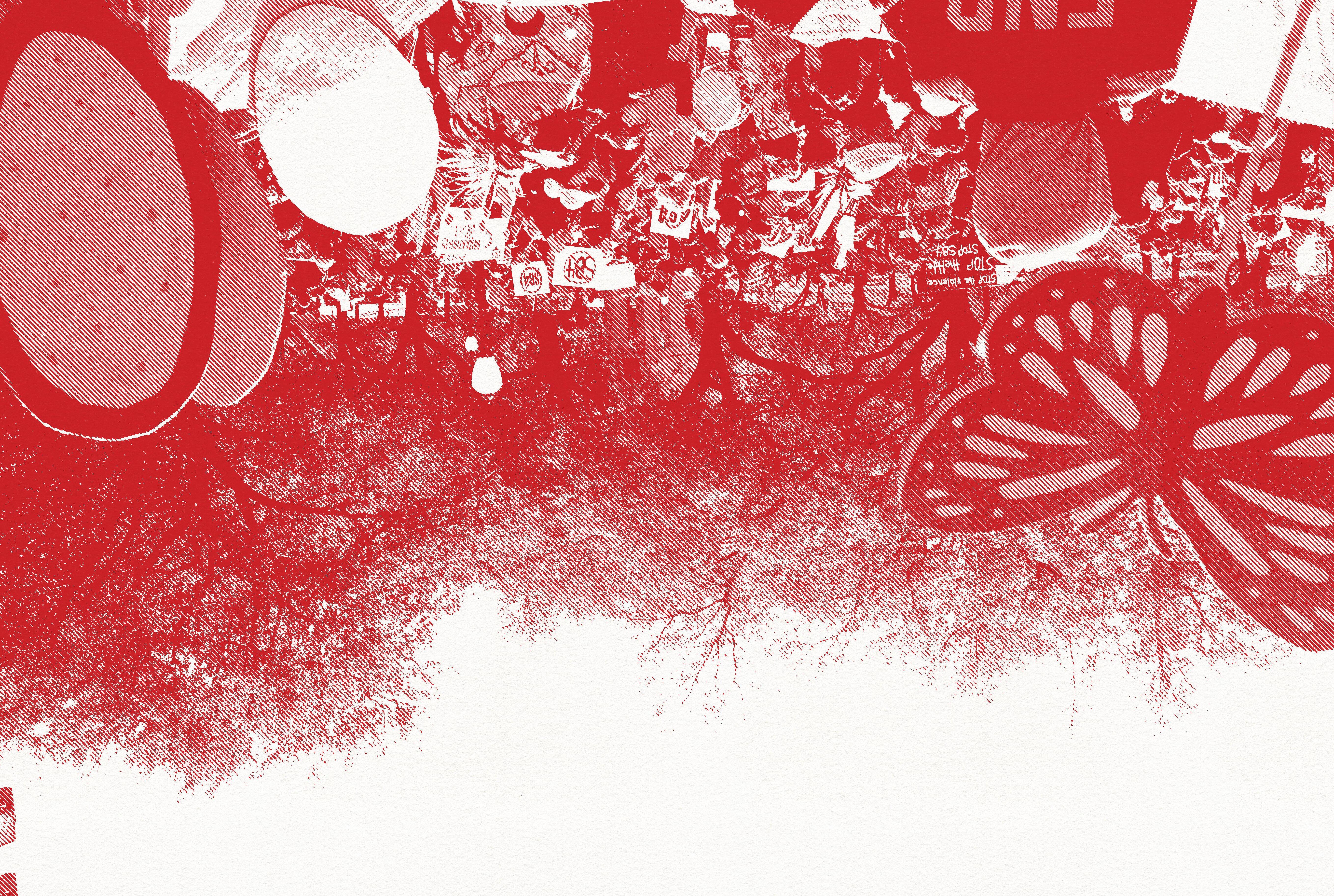

RESILIENCE AGENDA
Reclaiming Our Dignity & Rights
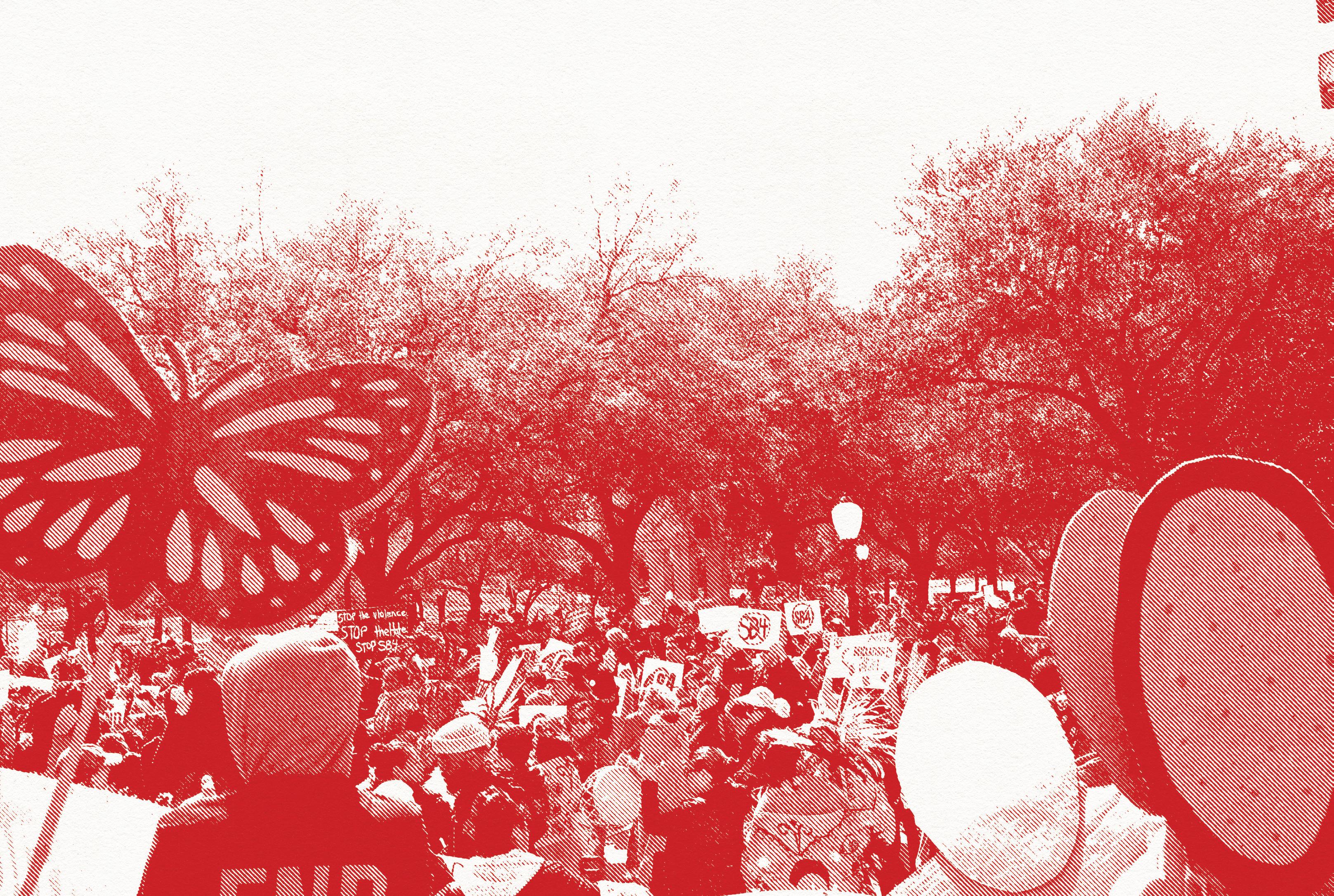
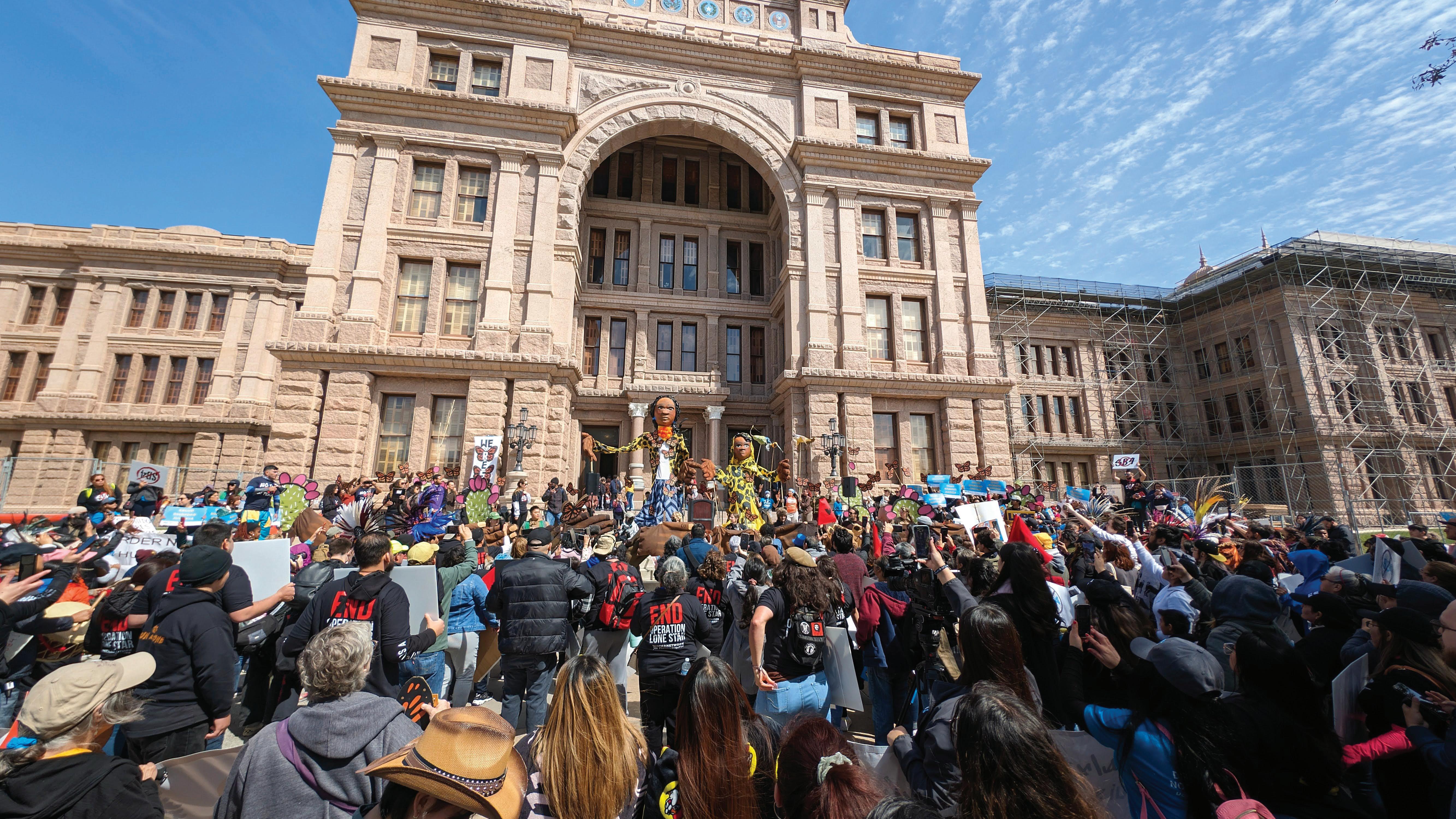

RECLAIMING THE RIGHTS & DIGNITY OF ALL TEXANS
The Texas Community Resilience Agenda is a 501(c)(3)-compliant initiative that focuses on non-partisan advocacy, community education, and civic engagement to promote social equity, human rights, and public safety. This initiative is led by the We Will Resist Coalition, coordinated by the Border Network for Human Rights.
EXECUTIVE SUMMARY
The Texas Community Resilience Agenda is a 501(c)(3)-compliant advocacy initiative developed by the We Will Resist Coalition to promote social equity, human and constitutional rights, community-based solutions, and foster public safety. This agenda outlines proactive and defensive strategies designed to build resilience in communities across Texas, with a focus on border residents, immigrants, and communities of color.
We define community resilience as our community's ability to adapt, respond, and recover from social, economic, environmental, and political challenges while maintaining well-being, equity, and cohesion. Through this effort we seek to empower individuals, families, and organizations to access resources, build supportive networks, and engage in civic participation to strengthen social bonds and promote structural changes that prioritize human rights and community safety.
The agenda is organized around five guiding pillars:
• Community Education – Equipping individuals with the knowledge and tools needed to learn their human and constitutional rights, engage in advocacy and understand policy impacts.
• Community Action & Mobilization – Encouraging collective action to raise awareness and advocate for community-driven solutions.
• Policy Advocacy – Promoting policies that prioritize human rights, accountability, and community safety.
• Communications – Shifting public narratives on border security and immigration through storytelling, media campaigns, and awareness efforts.
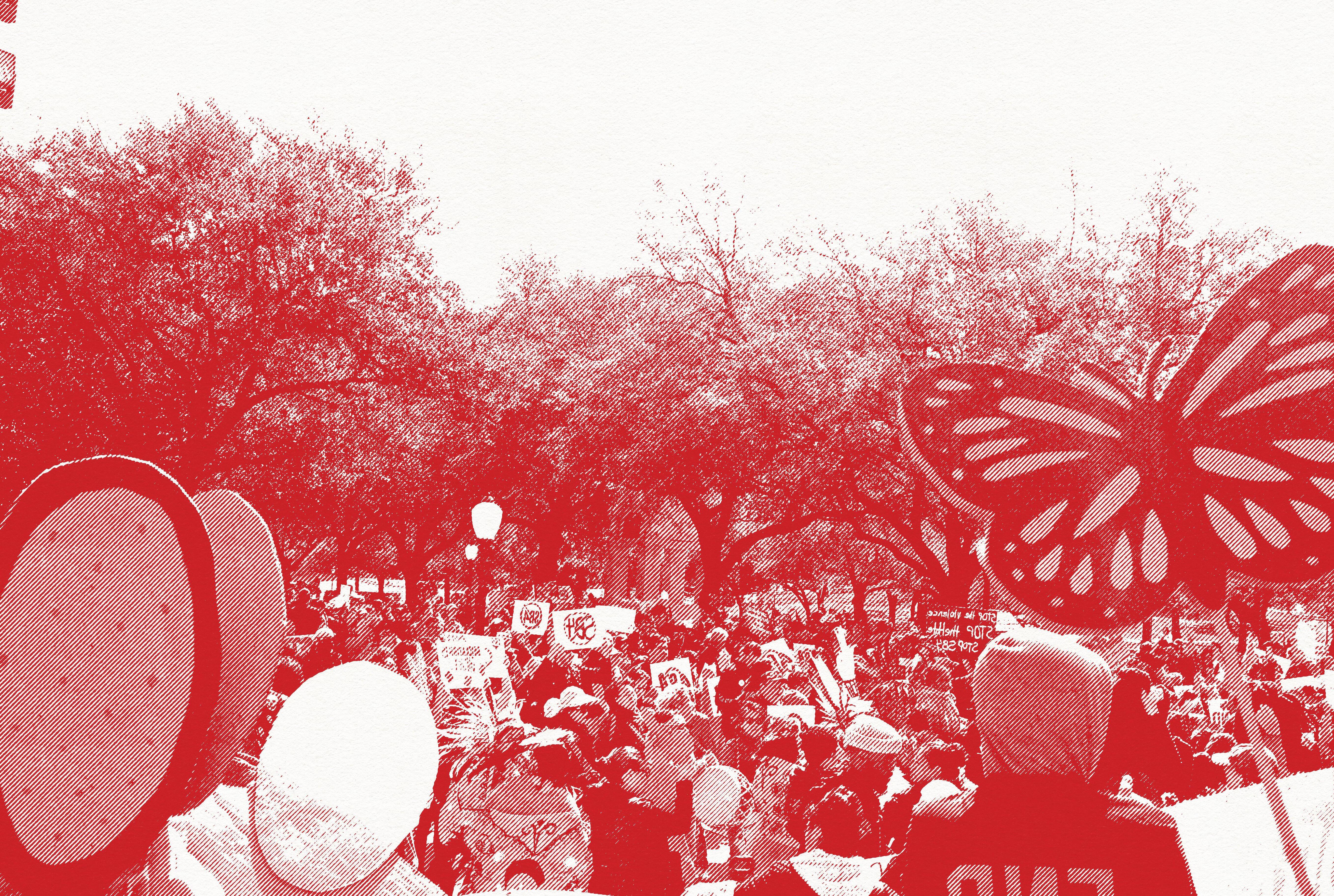
INTRODUCTION
The We Will Resist Coalition was launched on February 15, 2024, by the Border Network for Human Rights (BNHR) and the Frontera Texas Organizing Project (FTOP) in response to concerns about human and civil rights issues arising from Operation Lone Star (OLS) and recently enacted state policies.
This Coalition is composed of over 50 organizations across Texas and works to educate, mobilize, and build community awareness around issues impacting marginalized populations. This Coalition advocates for community-based solutions that uphold human rights, support immigrant communities, and promote inclusive public safety measures.
The Coalition is guided by five pillars: Community Education, Community Action and Mobilization, Policy, Communications, and Community Organizing and Leadership.
On November 20-21, 2024, BNHR convened key stakeholders to collaboratively develop defensive and proactive strategies for the 2025 Texas Community Resilience Agenda with the goal of strengthening the resilience of communities across Texas to promote structural changes that prioritize human rights and community safety.
CORE PRINCIPLES

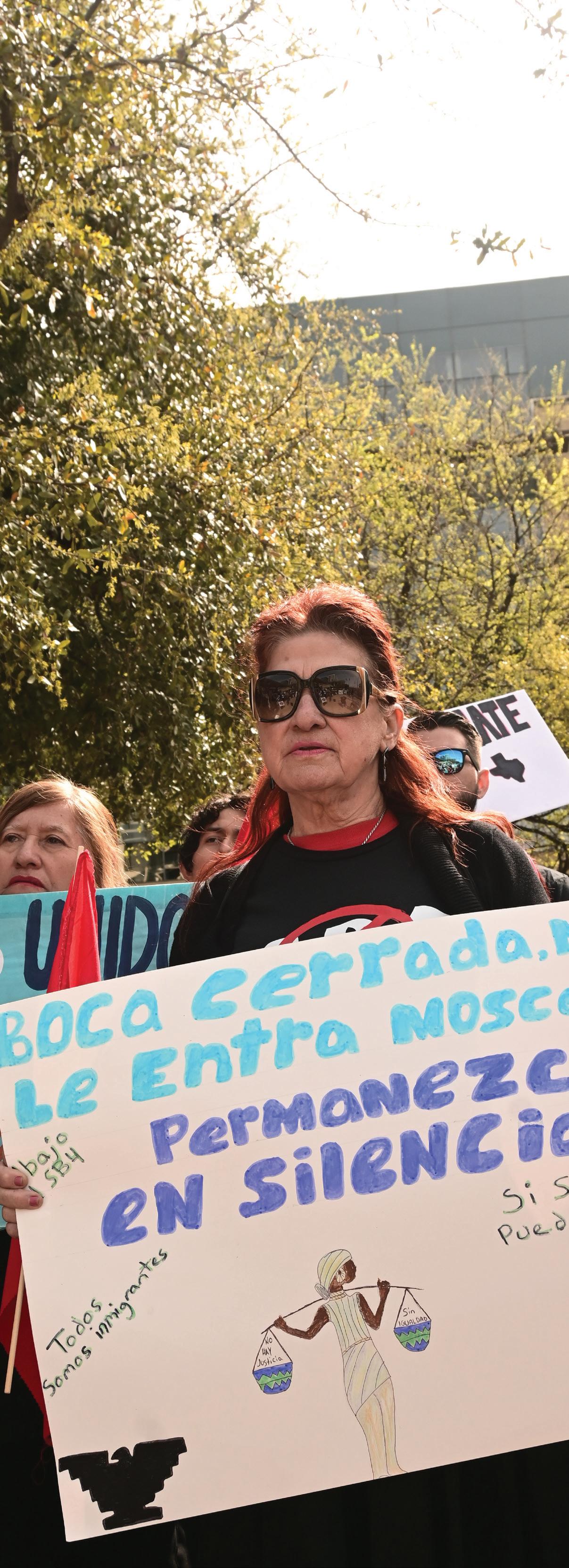
The Texas Community Resilience Agenda represents our commitment to the defense of human and constitutional rights, the protection of marginalized communities, and the creation of a more just and inclusive Texas.
We recognize that state and federal actions have caused widespread fear and harm within immigrant and marginalized communities. These actions, rooted in xenophobia, racism, and anti-immigrant sentiment, undermine the fundamental rights of all and further perpetuate systemic inequality.


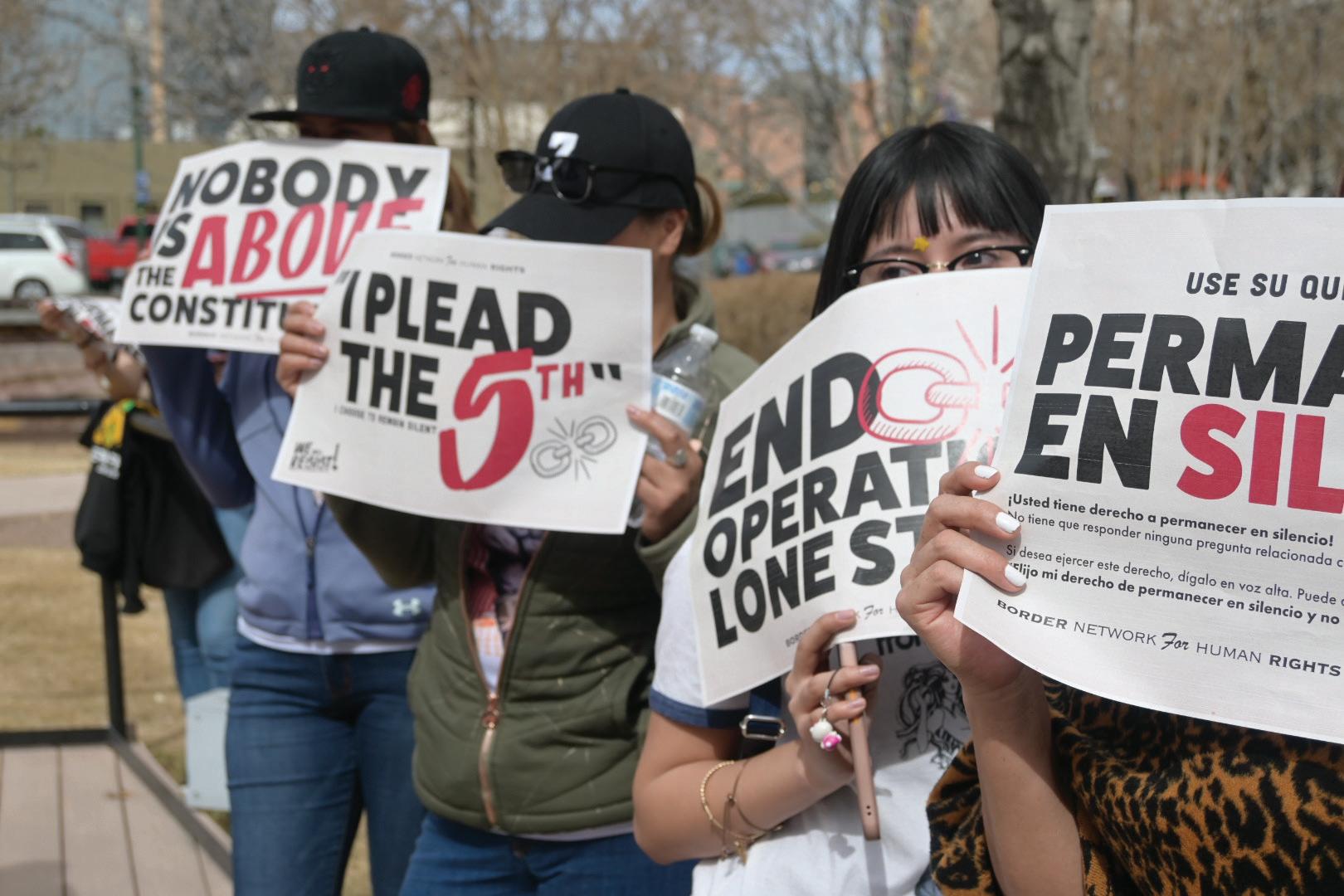
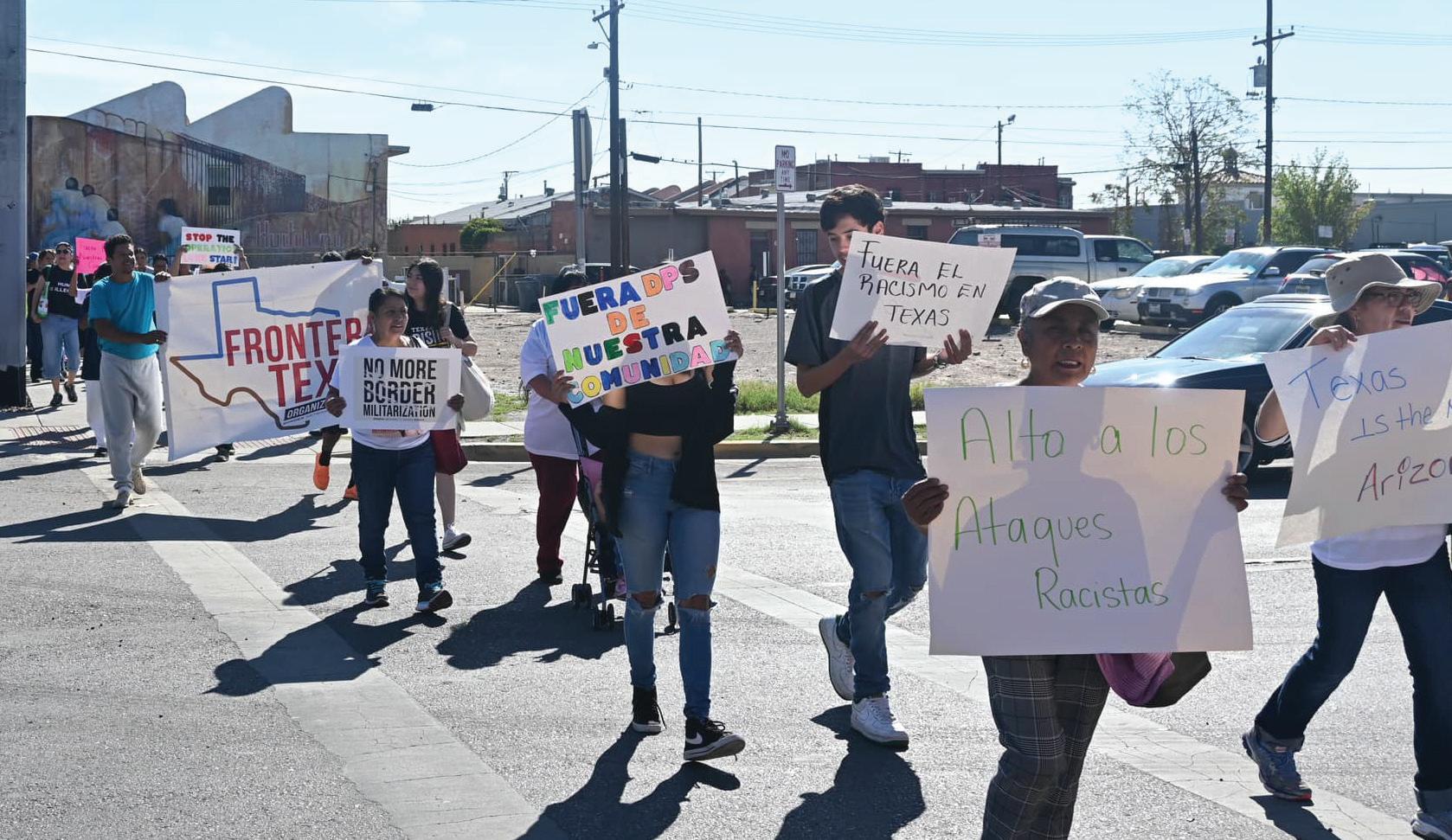

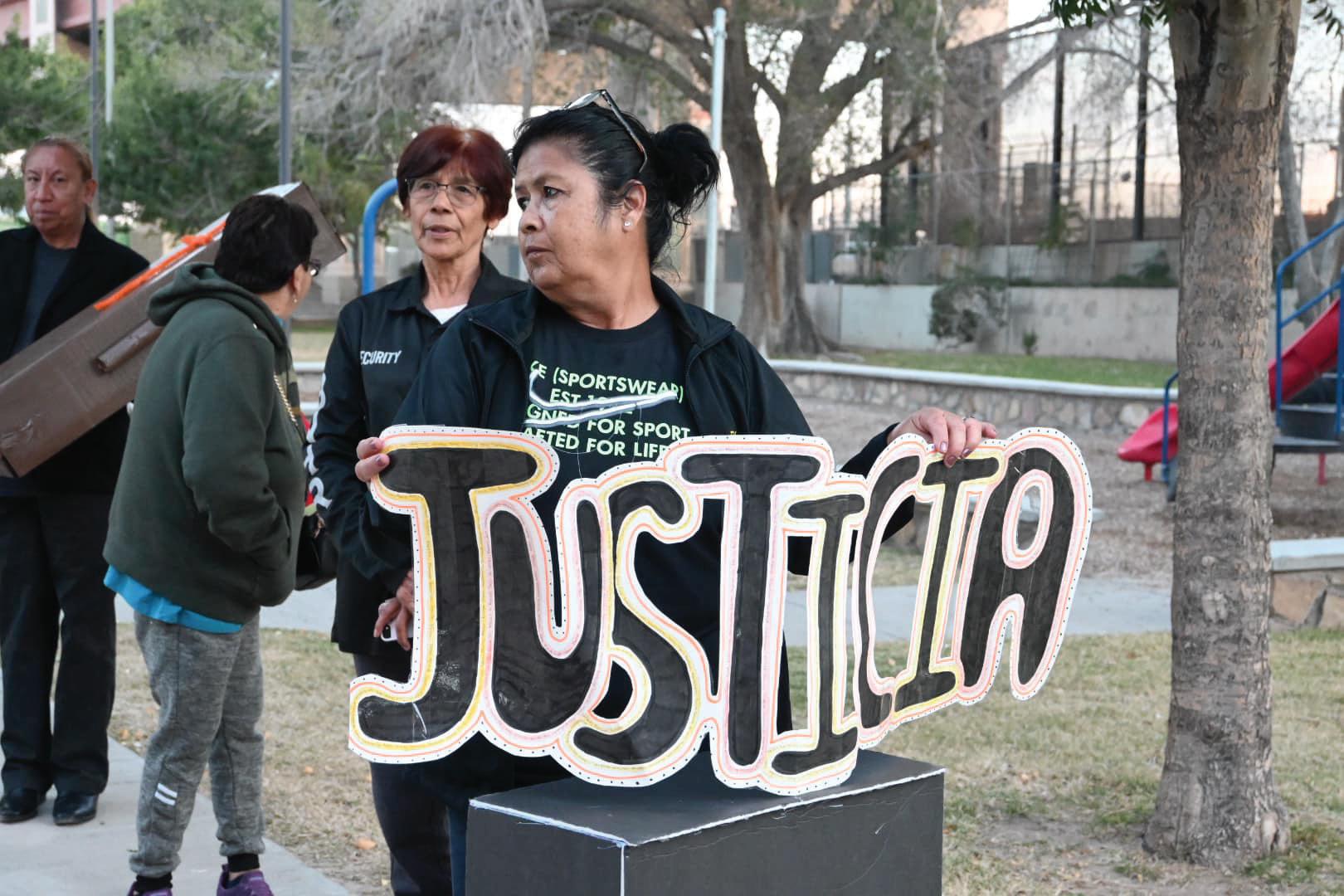
As a united front, we are committed to reclaiming our rights and dignity. We will not allow policies that diminish our humanity to stand. We will cultivate resilience across Texas, from El Paso to the Rio Grande Valley, Odessa to Dallas. Our common humanity and our shared values of justice, freedom, rights, equality, and opportunity connect us far more deeply and together, we will build a future where all people, regardless of their background, can live with dignity, respect, and equality.


Shifting public narratives through

